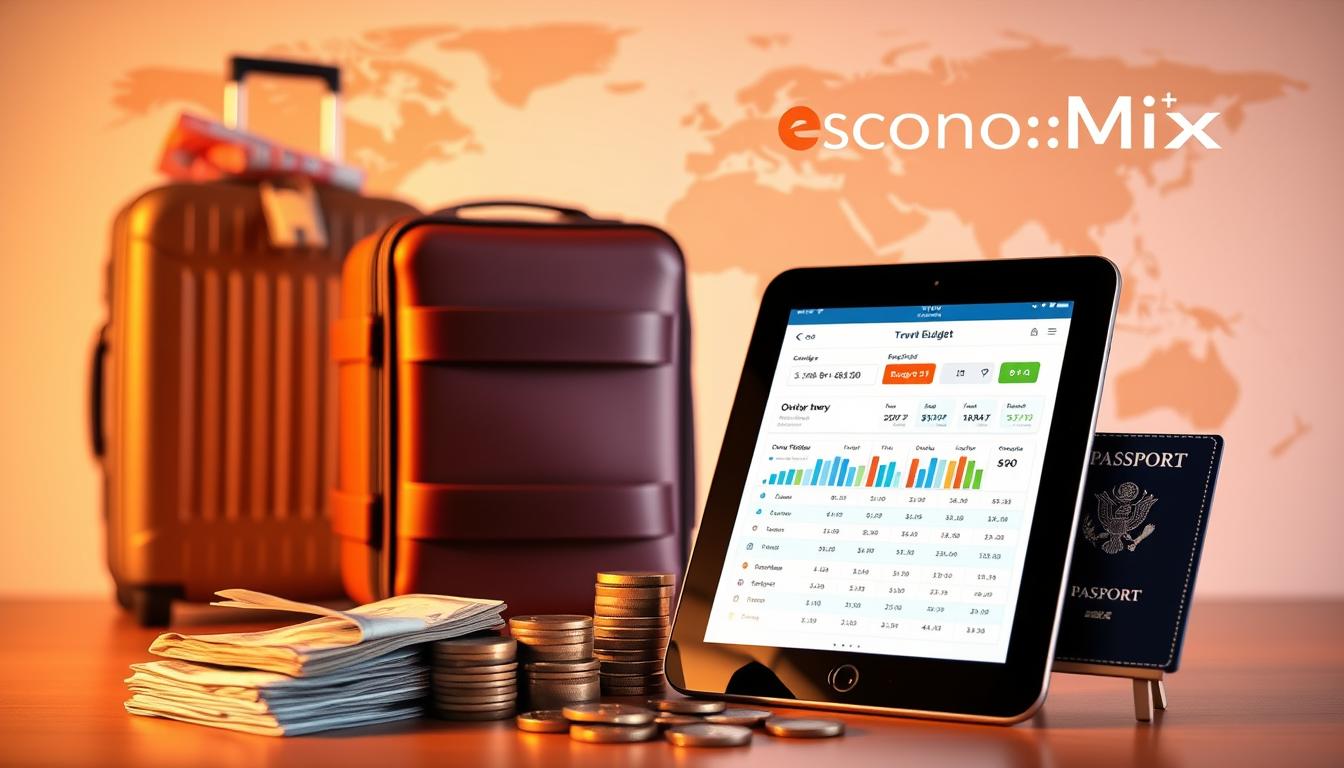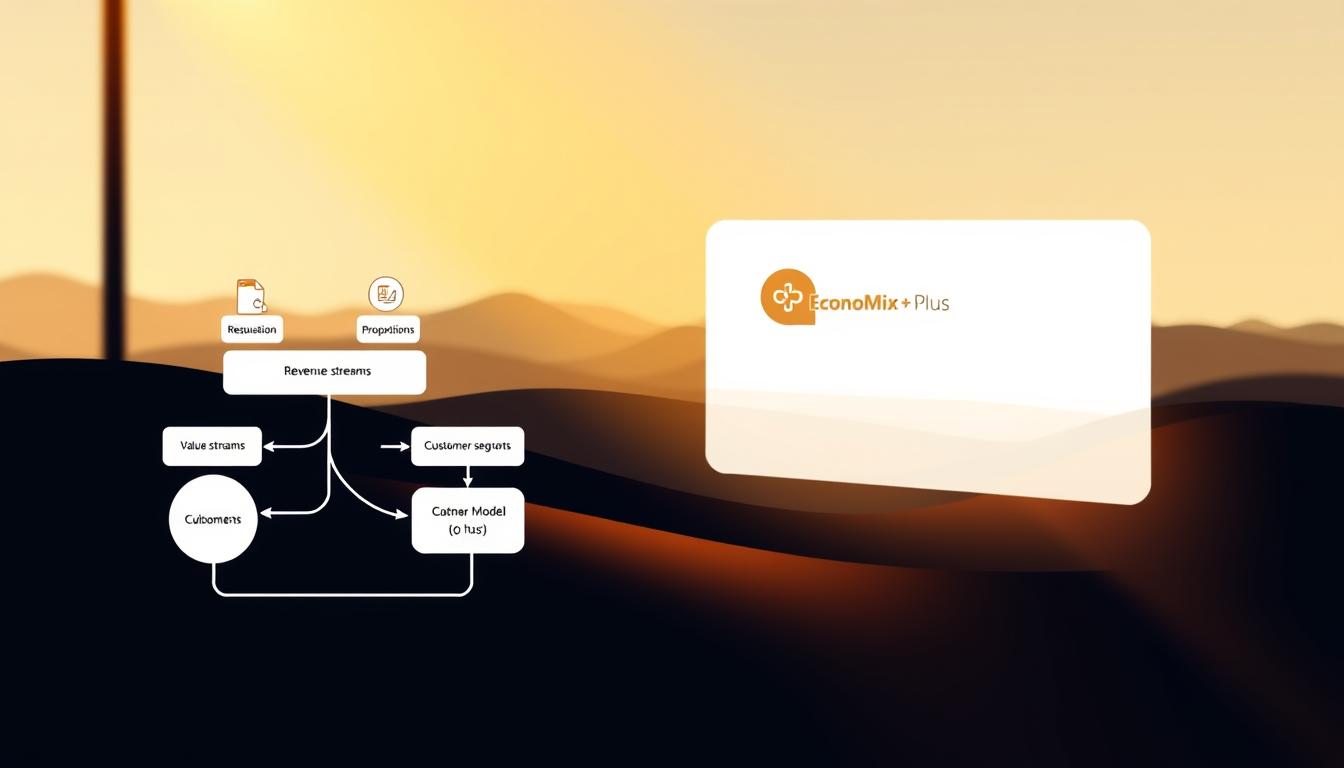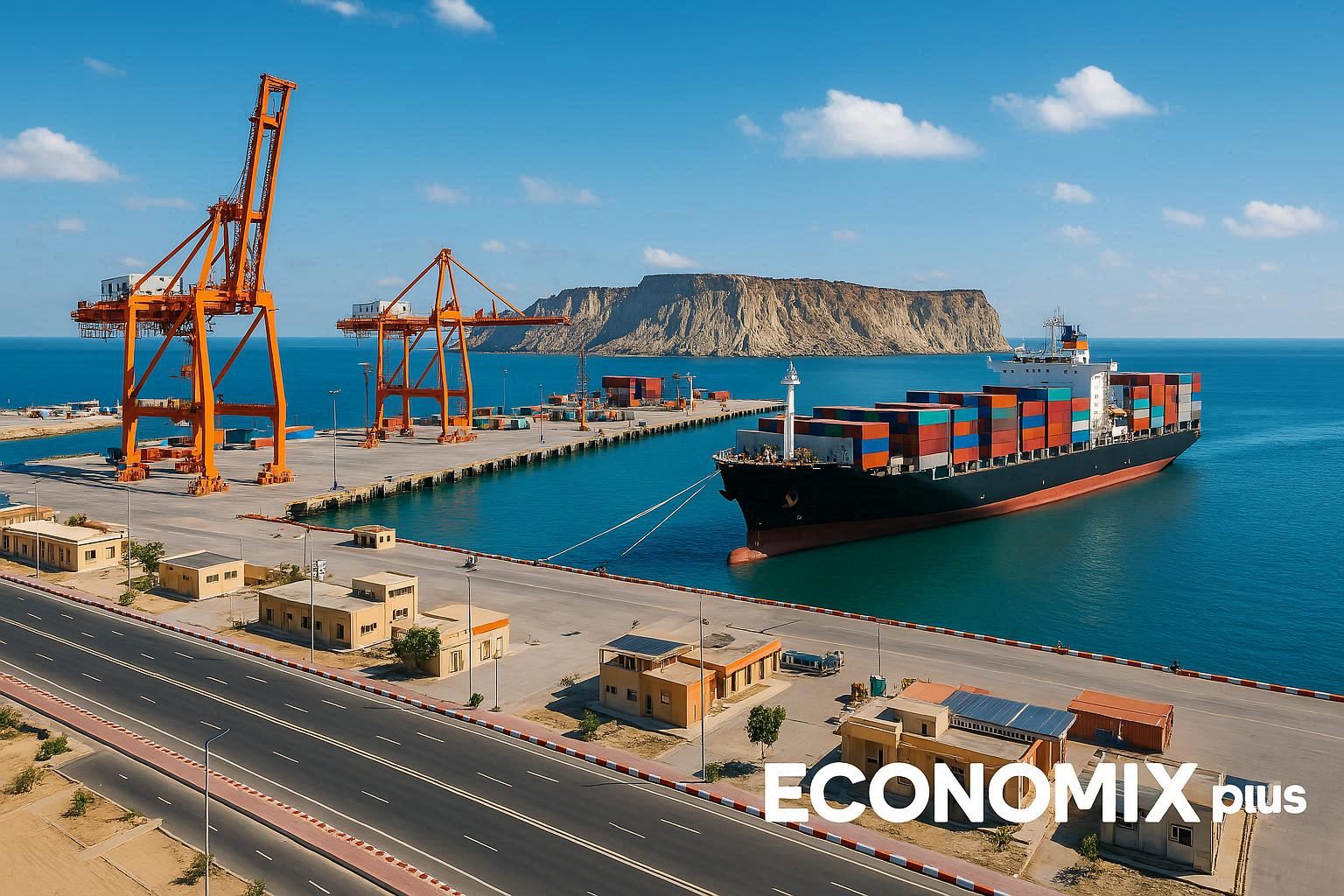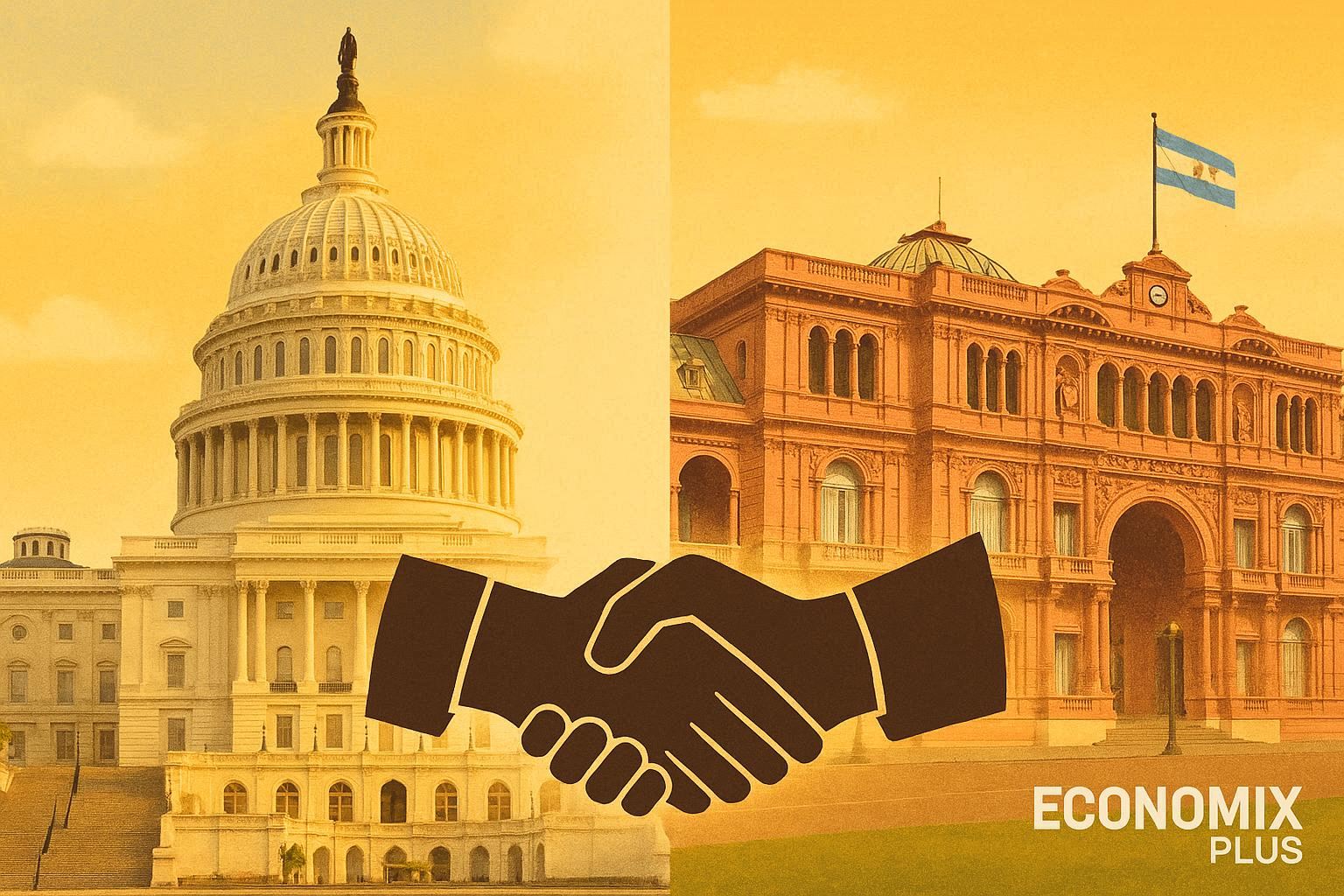Are you tired of breaking the bank every time you travel? Can you really explore the world without draining your wallet? The answer is yes, and it’s easier than you think. With the right strategies, you can enjoy your travel experiences without overspending.
Many travelers end up spending more than they need to due to simple mistakes. By planning your travel strategically and making smart decisions on the road, you can save money and enjoy a more relaxed journey. This guide will walk you through practical budget tips to help you make the most of your travel money.
Key Takeaways
- Plan your trips during off-peak seasons to maximize savings.
- Use travel apps to find the best deals on flights and accommodations.
- Be flexible with your travel dates to save money.
- Pack smart to avoid extra baggage fees.
- Research free or low-cost activities at your destination.
The Art of Budget-Friendly Travel Planning
Traveling on a budget doesn’t mean you have to compromise on experience; it’s about smart planning. By setting a realistic budget and creating a dedicated travel fund, you can enjoy your trip without financial stress.
Setting a Realistic Travel Budget
To set a realistic travel budget, research the average costs for your destination, including transportation, accommodation, food, and activities. Be honest about your spending habits and comfort requirements. Consider using budgeting apps designed for travelers to help plan and monitor expenses in real-time. For a $5,000 trip planned a year in advance, saving $416 monthly is achievable through automatic transfers to a separate account.
Creating a Travel Fund Without Interest-Based Products
Instead of relying on interest-based savings products, create a dedicated travel fund. Many platforms allow you to set specific goals and automate deposits. Use high-yield savings accounts to grow your travel fund. By dividing your total estimated trip cost by the number of months until your departure date, you can determine how much to save each month. This approach helps you stay on track and ensures a stress-free trip.
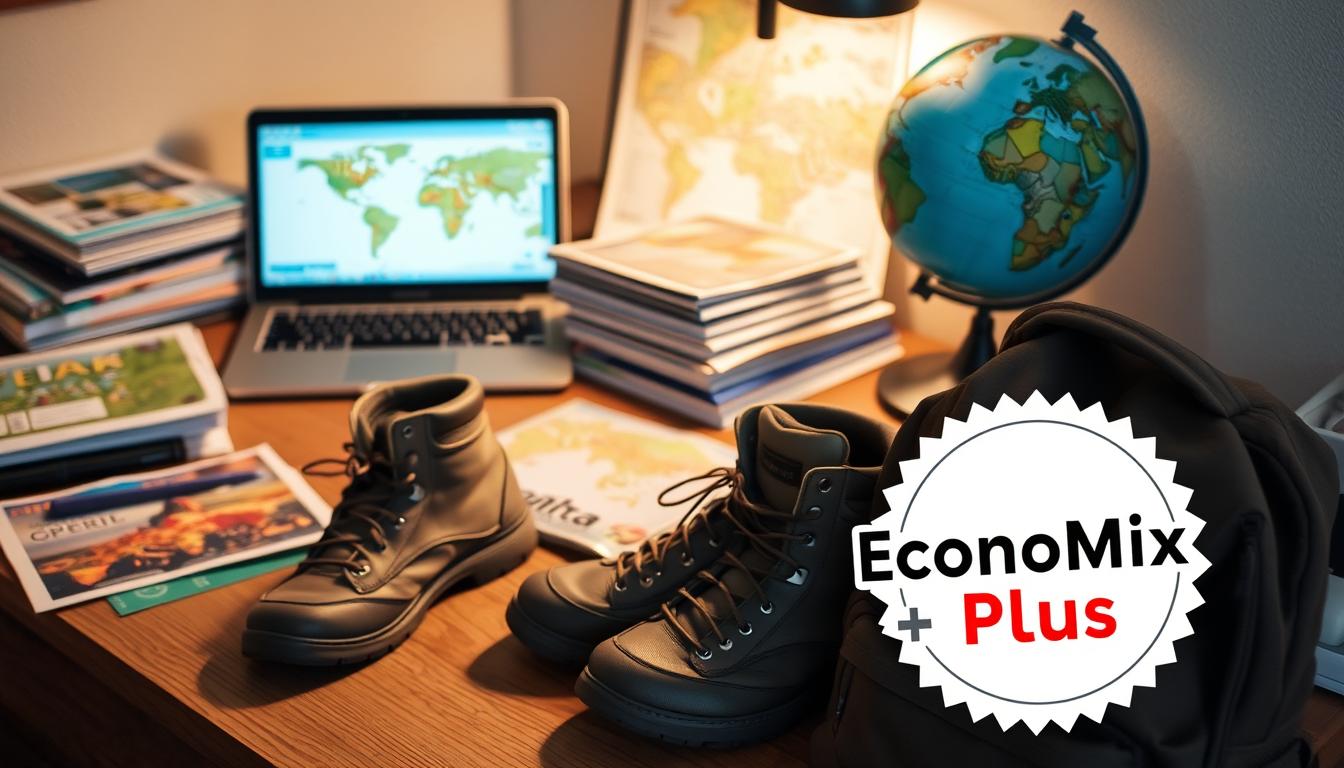
Timing Your Travel for Maximum Savings
To maximize your travel savings, it’s crucial to time your trips strategically. The costs associated with traveling can fluctuate significantly based on the season and days of the week you choose to travel.
Off-Season and Shoulder Season Benefits
Traveling during the off-season or shoulder season can lead to substantial savings. Off-season travel, typically during periods of less ideal weather or when schools are in session, can reduce costs by 20-50%. Shoulder seasons, the periods just before or after peak season, offer a great balance of decent weather, lower prices, and fewer tourists.

Weekday vs. Weekend Travel Costs
The days of the week you choose to travel can also impact your expenses. Weekday travel, particularly on Tuesdays and Wednesdays, tends to be cheaper than weekend travel. Early morning or late-night flights, often referred to as “red-eyes,” generally cost less than flights during peak daytime hours. Being flexible with your travel dates can lead to significant deals.
| Travel Time | Cost Impact |
|---|---|
| Off-Season | 20-50% savings |
| Shoulder Season | Lower prices, fewer tourists |
| Weekdays (Tues, Wed) | Cheaper flights |
| Red-Eye Flights | Lower costs |
Finding the Best Flight Deals
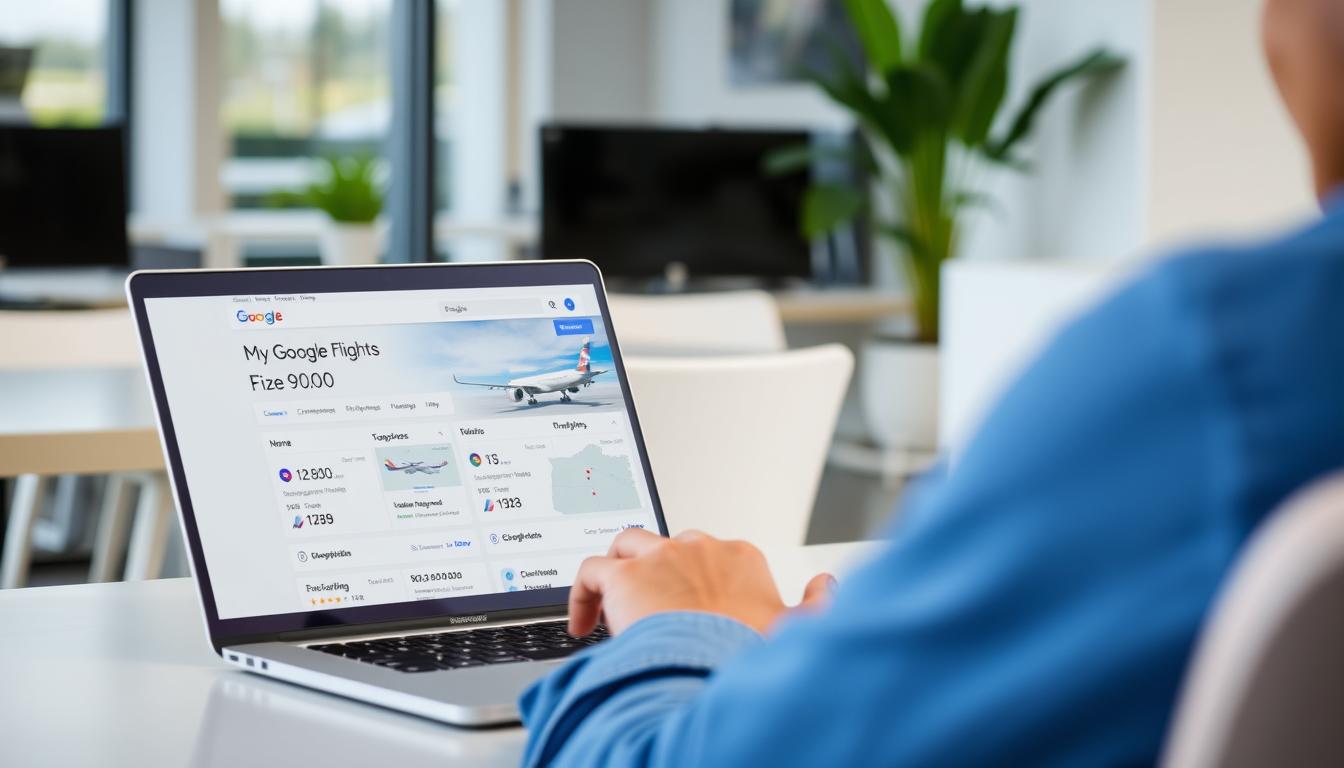
Unlocking the secrets to affordable air travel is easier than you think with the right strategies. To save money on your next trip, it’s crucial to understand how to navigate the complex world of flight pricing.
Flight Comparison Tools and Price Alerts
Utilizing flight comparison tools like Google Flights, Skyscanner, or Hopper can significantly simplify your search for the best deals. These platforms allow you to compare flight prices across multiple dates and set up price alerts to notify you when the cost drops for your desired route. By leveraging these tools, you can stay informed and book at the optimal time.
Booking Windows and Flexible Date Strategies
Being flexible with your travel dates can lead to substantial savings. Booking your flight within the ideal window—typically 1-3 months in advance for domestic flights and 3-6 months for international travel—can help you secure better deals. Additionally, considering alternative airports or flights with layovers can further reduce your travel expenses.
Smart Accommodation Choices

Smart accommodation choices can make a big difference in your travel budget. Accommodation is one of the largest expenses when traveling, but exploring alternatives beyond traditional hotels can lead to significant savings.
Beyond Hotels: Alternative Lodging Options
Consider vacation rentals through platforms like Airbnb or VRBO, which often provide more space and amenities at lower costs. Hostels have also evolved, offering private rooms with en-suite bathrooms at a fraction of hotel prices. House-sitting opportunities can provide free accommodation in exchange for caring for someone’s home.
Negotiating Better Rates and Finding Hidden Deals
When booking hotels, contact them directly to negotiate better rates. Many properties will offer better deals to avoid paying commission to booking sites. Consider staying a little outside the city center or using accommodations near public transportation to save 20-30% on accommodation. For longer stays, negotiate weekly or monthly rates directly with property owners or managers.
Transportation Hacks at Your Destination
One of the key aspects of traveling on a budget is finding affordable transportation methods at your destination. Effective planning can significantly reduce your travel costs.
Public Transit vs. Rental Options
Using public buses and trains is a cost-effective way to get around. Many cities offer tourist passes that provide unlimited rides for a set number of days, which can be a fraction of the cost of individual tickets or taxis. Researching public transportation options before arriving can help you navigate efficiently. Consider downloading local transportation apps to make your journey smoother.
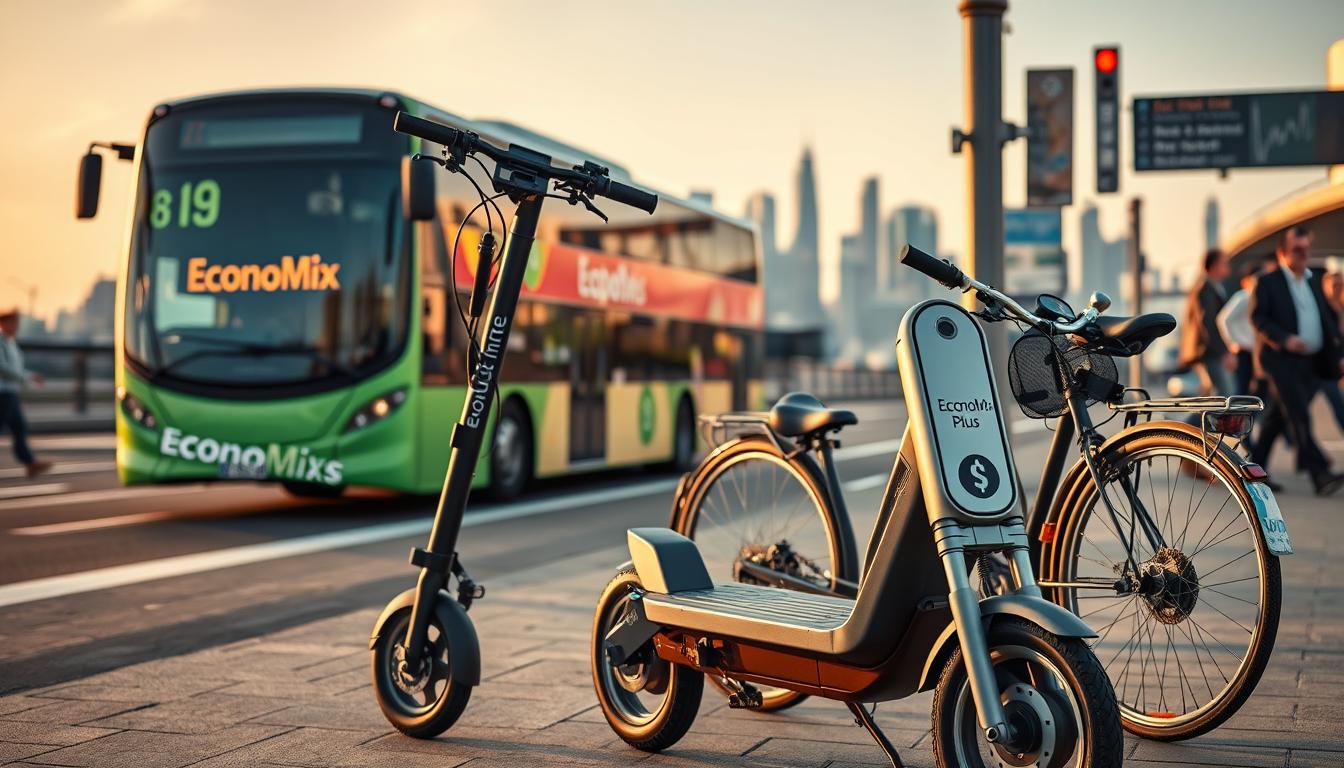
| Transportation Method | Cost | Convenience |
|---|---|---|
| Public Transit | Low | High |
| Rental Cars | High | Medium |
| Taxis/Ride-sharing | Medium | High |
Walking Tours and Free Exploration Strategies
Walking is not only free but also an excellent way to experience a destination authentically. Downloading offline maps can help you navigate confidently without using data. Consider joining free walking tours available in most major cities, which operate on a tip basis and provide valuable local insights.
To save money, pack light to increase your mobility and avoid checked baggage fees, making it easier to use public transportation or walk between accommodations.
Eating Well Without Breaking the Bank
When traveling, eating well doesn’t have to mean breaking the bank. One of the joys of traveling is experiencing the local food, and with a few strategies, you can enjoy delicious meals without overspending.
Local Markets and Grocery Shopping
Visiting local markets and grocery stores can be a great way to save money on food. Not only can you find affordable snacks and ingredients for simple meals, but you’ll also get a taste of the local culture. Consider booking accommodations with a kitchen to prepare some of your own meals, significantly reducing your dining expenses.

Restaurant Strategies and Meal Planning
When eating at restaurants, there are several strategies to keep your costs in check. Opt for lunch as your main meal, as prices are generally lower than dinner. Try local eateries and street food, which are not only affordable but also offer an authentic dining experience. Look out for early bird specials, happy hours, and consider sharing meals if portions are large.
| Dining Strategy | Benefits |
|---|---|
| Eating at Local Markets | Affordable, Cultural Experience |
| Preparing Meals in Your Accommodation | Saves Money, Flexible |
| Street Food and Local Eateries | Authentic, Budget-Friendly |
Saving Money While Traveling with Smart Budget Tips on the Go
Smart travelers know that saving money is an ongoing process that continues even after they arrive at their destination. Being mindful of your expenses and making a few simple preparations can significantly reduce your travel costs.
Packing Essentials That Save Money
Packing the right items can make a big difference in your travel expenses. Consider bringing a reusable water bottle with a built-in filter to save on bottled water, which can cost $5-10 per day. Other essentials include a compact shopping bag that folds into a tiny pouch, making it easy to visit local markets without buying bags. You can also pack a small container of laundry detergent to wash clothes in your accommodation sink, reducing the need for laundry services.
- A basic first-aid kit with pain relievers and bandages can save you from paying tourist prices for these items.
- A power strip allows you to charge multiple devices with just one international adapter, saving you from buying multiple adapters.
Smart Water and Snack Strategies
If you can’t visit a local market, packing snacks from home is the next best thing. Prioritize protein-rich, non-perishable snacks like nuts, jerky, and protein bars to avoid impulse purchases. For water, consider a portable water purification system if you’re traveling to regions where tap water isn’t potable. This can be a cost-effective and environmentally friendly solution.
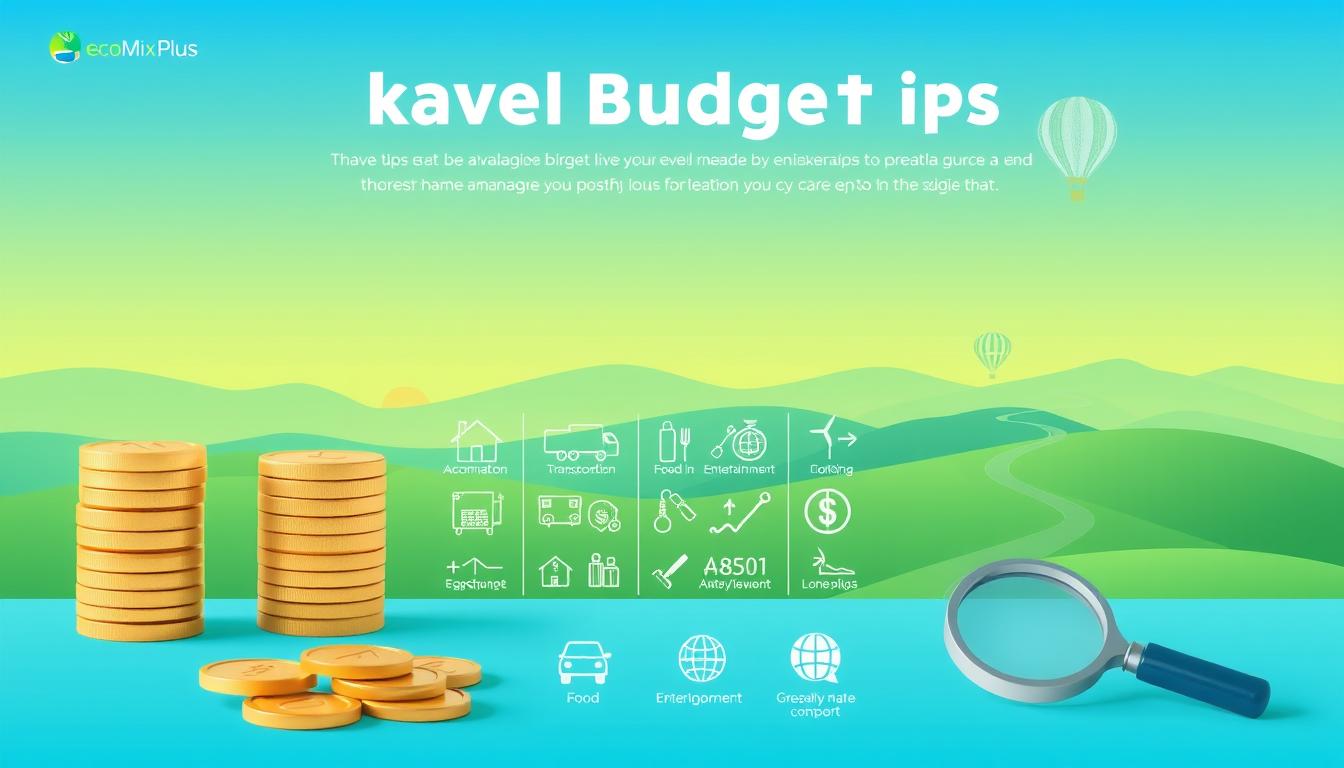
Leveraging Technology for Travel Savings
Leveraging technology is key to unlocking significant savings while traveling. By utilizing the right tools and apps, you can navigate foreign destinations efficiently, avoid unnecessary expenses, and make the most of your travel budget.
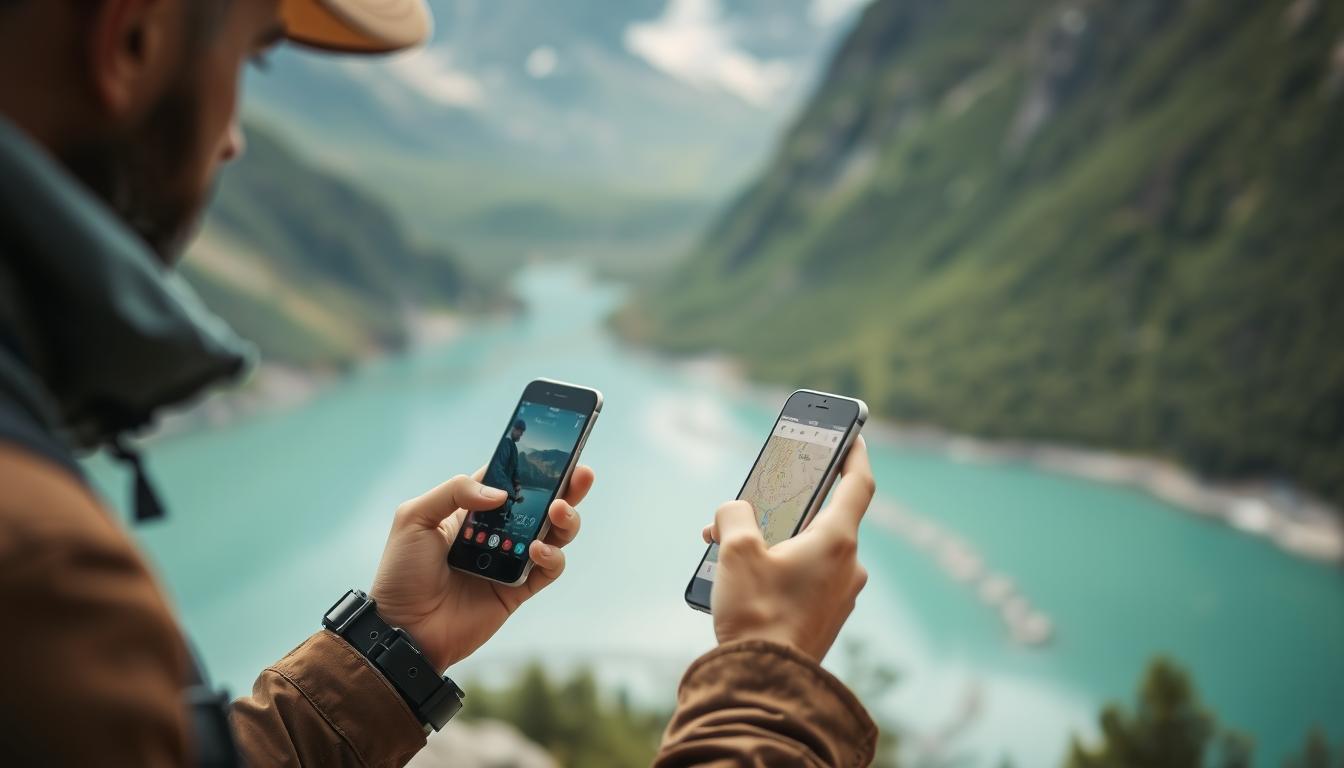
Must-Have Money-Saving Travel Apps
Downloading the right apps can make a significant difference in your travel experience. Apps like WhatsApp allow you to stay in touch with family and friends back home without incurring hefty international calling charges. Additionally, currency conversion apps help you understand the true cost of purchases in your home currency, ensuring you’re getting fair exchange rates.
Managing Phone and Internet Costs Abroad
Managing your phone and internet costs is crucial to avoiding unexpected expenses. Consider getting an eSIM or a local SIM card for data access, and download offline maps and guides before you leave. Using VPN services can also help you access your usual services at home-country rates, potentially saving you money on future travel bookings.
For more budget-friendly travel tips, visit our article on traveling on a budget.
Free and Low-Cost Activities at Your Destination
Exploring a new destination doesn’t have to be expensive. You can enjoy a rich and fulfilling travel experience without overspending on activities. Many tourist attractions and local events are available at little to no cost.
Discovering Free Attractions
You can find numerous free attractions and events at your destination. Research museums that offer free admission on certain days of the week or month. Take advantage of free walking tours, which provide excellent historical and cultural insights. Explore public parks, gardens, and markets, which often cost nothing to visit and offer genuine local experiences. Check local event listings for free concerts, festivals, and community events happening during your visit.
City Passes and Discounts
For paid attractions, consider purchasing city passes or tourist cards that bundle multiple sites. Calculate whether the included attractions match your interests and if the potential savings justify the upfront cost. Look for discounted admission times, such as late-afternoon entries or weekday specials. You can also explore university campuses, which often feature beautiful architecture and green spaces that are free to visit.
Avoiding Tourist Traps and Hidden Fees
To make the most of your travel budget, it’s essential to be aware of the common scams and hidden charges that target unsuspecting travelers. Tourist traps and hidden fees can quickly deplete your travel budget if you’re not vigilant about recognizing and avoiding them.
Recognizing and Avoiding Common Travel Scams
Researching common scams specific to your destination before traveling is crucial. Awareness is your best defense against falling victim to overpriced services or outright fraud. Be cautious of “tourist menus” at restaurants in high-traffic areas; instead, opt for establishments just a block or two away from major attractions, which often offer better quality at lower prices.
Navigating Currency Exchange and Foreign Transaction Fees
When it comes to currency exchange, avoid kiosks at airports and tourist areas, as they typically offer poor rates. Instead, use bank ATMs to withdraw local currency or pay with a no-foreign-transaction-fee credit card. Be wary of dynamic currency conversion offers when using credit cards abroad; always choose to pay in local currency to avoid unfavorable exchange rates.
| Payment Method | Fees | Exchange Rates |
|---|---|---|
| Credit Card | No foreign transaction fees | Competitive rates |
| Cash Exchange | High fees | Poor rates |
| Bank ATM | Low fees | Competitive rates |
By being informed and taking the right precautions, you can avoid unnecessary expenses and make the most of your travel budget. Always verify prices before accepting services, and read the fine print on hotel bookings to avoid surprise charges.
Conclusion: Balancing Budget and Experience for Memorable Travel
Your next trip can be both exciting and affordable if you apply the right budget travel tips. By being smart with your money, you can see amazing places without spending too much. Every dollar you save is money you can use for another adventure!
To make the most of your travel experience, remember to be flexible with your plans, look for deals on everything, and use technology to help you save. Try local options instead of tourist spots, plan ahead, but be ready for changes, and keep track of your expenses.
Budget travel doesn’t mean sacrificing quality experiences; it’s about making intentional choices that align with your priorities and values while traveling. By implementing the strategies outlined in this guide, you can transform travel from an occasional luxury into a sustainable part of your lifestyle, enriching your life through new experiences while maintaining financial health.
As you continue to travel and refine your skills, you’ll find that each trip becomes more affordable and enjoyable. So, start planning your next trip with confidence, knowing that you have the budget tips to make it a memorable one.
FAQ
How can I plan a budget-friendly trip without sacrificing experience?
You can plan a budget-friendly trip by setting a realistic travel budget, choosing off-season or shoulder season travel, and opting for alternative lodging options like Airbnb or hostels. Additionally, using flight comparison tools and price alerts can help you find the best deals on flights.
What are some strategies for reducing transportation costs at my destination?
You can save on transportation costs by using public transit instead of renting a car or taking taxis. Walking tours and free exploration strategies can also help you get around without breaking the bank. Consider purchasing a city pass or discount card for additional savings.
How can I eat well without overspending on food?
Eating at local markets or grocery shopping for snacks and meals can be a cost-effective way to enjoy your destination’s cuisine. You can also look for restaurants that offer affordable meal options or consider meal planning to avoid overeating at expensive eateries.
What are some must-have money-saving travel apps I should consider?
Some popular money-saving travel apps include those that offer price comparisons for flights and accommodations, as well as apps that help you manage your phone and internet costs abroad. You can also use apps that provide information on free attractions and events at your destination.
How can I avoid hidden fees and tourist traps?
To avoid hidden fees and tourist traps, be aware of common travel scams and take steps to protect yourself. Use reputable currency exchange services and credit cards that don’t charge foreign transaction fees. Research your destination thoroughly to avoid overpriced attractions and activities.
What are some packing essentials that can help me save money?
Packing essentials like a refillable water bottle and snacks can help you avoid overpriced tourist traps. Bringing a portable charger and a money belt can also help you stay connected and secure while traveling.
Can I negotiate better rates for accommodations?
Yes, you can negotiate better rates for accommodations by contacting the hotel or lodging provider directly and asking about any available discounts or promotions. You can also use travel apps and websites that offer exclusive deals and discounts.
How can I manage my phone and internet costs while traveling abroad?
To manage your phone and internet costs, consider purchasing a portable Wi-Fi hotspot or using a phone with international coverage. You can also use free Wi-Fi at cafes, restaurants, and public hotspots to stay connected without incurring high data roaming charges.
